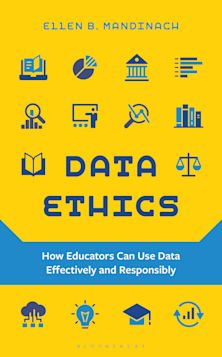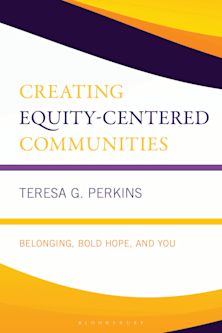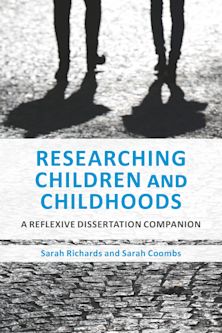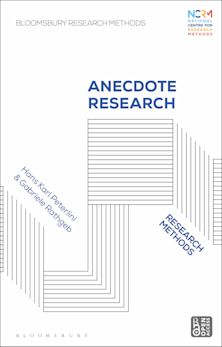The Ethnographic I
A Methodological Novel about Autoethnography
- Textbook
The Ethnographic I
A Methodological Novel about Autoethnography
- Textbook
This product is usually dispatched within 3 days
- Delivery and returns info
-
Free CA delivery on orders $40 or over
Description
A methodological textbook on autoethnography should be easily distinguishable from the standard methods text. Carolyn Ellis, the leading proponent of these methods, does not disappoint. She weaves both methodological advice and her own personal stories into an intriguing narrative about a fictional graduate course she instructs. In it, you learn about her students and their projects and understand the wide array of topics and strategies that fall under the label autoethnography. Through Ellis's interactions with her students, you are given useful strategies for conducting a study, including the need for introspection, the struggles of the budding ethnographic writer, the practical problems in explaining results of this method to outsiders, and the moral and ethical issues that get raised in this intimate form of research. Anyone who has taken or taught a course on ethnography will recognize these issues and appreciate Ellis's humanistic, personal, and literary approach toward incorporating them into her work. A methods text or a novel? The Ethnographic 'I' answers yes to both.
Table of Contents
2 Preface
3 Class 1: Introductions and Interruptions
4 Class 2: The Call of Autoethnographic Stories
5 Class 3: Autoethnography in Interview Research
6 Class 4: Autoethnographic Projects: Putting Self into Research
7 Class 5: Writing Field Notes, Interviews, and Stories: Issues of Memory and Truth
8 Class 6: Writing Therapeutically, Vulnerably, Evocatively, and Ethically
9 Class Interludes: Living Autoethnography: Life Informs Work Informs Life (with Arthur P. Bochner)
10 Class 7: Writing as Inquiry
11 Friendship Interlude: Artful Autoethnography (with Karen Scott-Hoy)
12 Class 8: Autoethnographic Forms of Writing
13 Class 9: Final Projects
14 Class 10: Evaluating and Publishing Autoethnography
15 Community Interlude: Taking Autoethnogrpahic Research to a Domestic Abuse Shelter
16 Participant Interludes: Autoethnographic Conversations about Autoethnography
17 Author Interlude: Writing a Methodological Novel: Thinking Like an Ethnographer, Writing Like a Novelist
18 Appendix 1: Suggested Syllabus and Readings for Autoethnography Class
19 Appendix 2: Chart of Impressionistice and Realist Ethnography
20 Appendix 3: Guidelines for Writing Personal Narrative Papers
21 Appendix 4: Editing Personal Narratives
22 Bibliography
23 Index
24 About the Author
Product details
| Published | Dec 27 2003 |
|---|---|
| Format | Paperback |
| Edition | 1st |
| Extent | 448 |
| ISBN | 9780759100510 |
| Imprint | AltaMira Press |
| Dimensions | 232 x 155 mm |
| Series | Ethnographic Alternatives |
| Publisher | Bloomsbury Publishing |
Reviews

ONLINE RESOURCES
Bloomsbury Collections
This book is available on Bloomsbury Collections where your library has access.



































